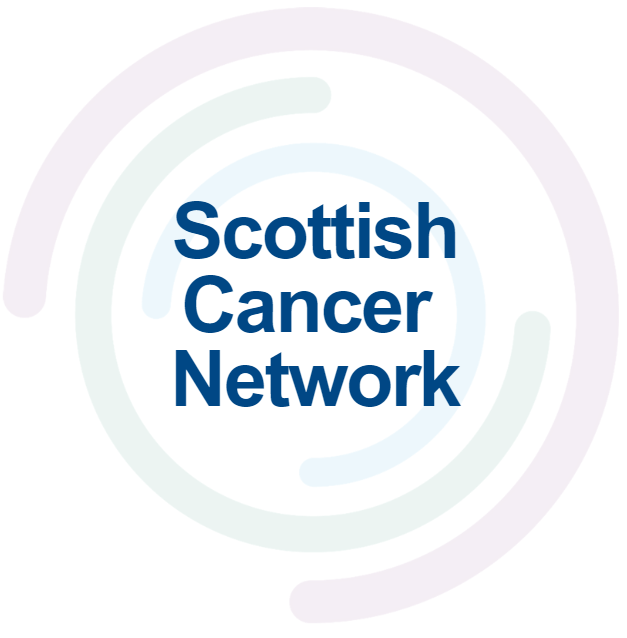Neuropsychology will be a member of the neuro oncology MDT. This will allow;
- Identification of new patients at the neuro oncology MDT where there is a surgical plan that benefits from pre-op neuropsychology assessment.
- Provide feedback to the neuro oncology MDT about patients under the care of neuropsychology (this includes patients who may not yet be listed for surgery).
- Provide consultation for the neuro oncology MDT to highlight patients who may need neuropsychology care and are not yet requiring surgical intervention.
- Provide consultation to the neuro oncology team regarding psychology care/management of patients who may not be directly under the care of neuropsychology.
Patients identified for surgery should be seen by the neuropsychology service at the following stages:
a. Pre-operative
-
- Baseline cognitive assessment – test battery. (See appendix 1)
- Assessment of psychological function.
- Working jointly with Neuro Oncology MDT to psychologically support and educate the patients and their families in their neuro-oncology surgical clinical care pathway incorporating; surgical (including awake craniotomy), surveillance and adjuvant treatment.
b. Post-Operative
-
- Usually within 7 days post-surgery and ideally to coincide with pathology results and treatment plan from oncology – no formal cognitive assessment, review to discuss post-operative neuropsychology follow up.
- 3 and 12 months post-operative
-
-
- Review of cognitive function, identification of cognitive rehabilitation needs (where appropriate onward referral to community rehabilitation, neuropsychology services).
- Assessment of mental health and psychological wellbeing, where appropriate onward referral to Clinical Health (Oncology) and local mental health services.
- Neuropsychology team available for consultation for post-operative patients out with the above times frames.
-
- The neuropsychology service will not provide routine input for patients under clinical surveillance. The neuropsychology team will be available to discuss and potentially accept referrals for patients in this clinical care pathway if there is a clinical need that can be met by the neuropsychology team.
